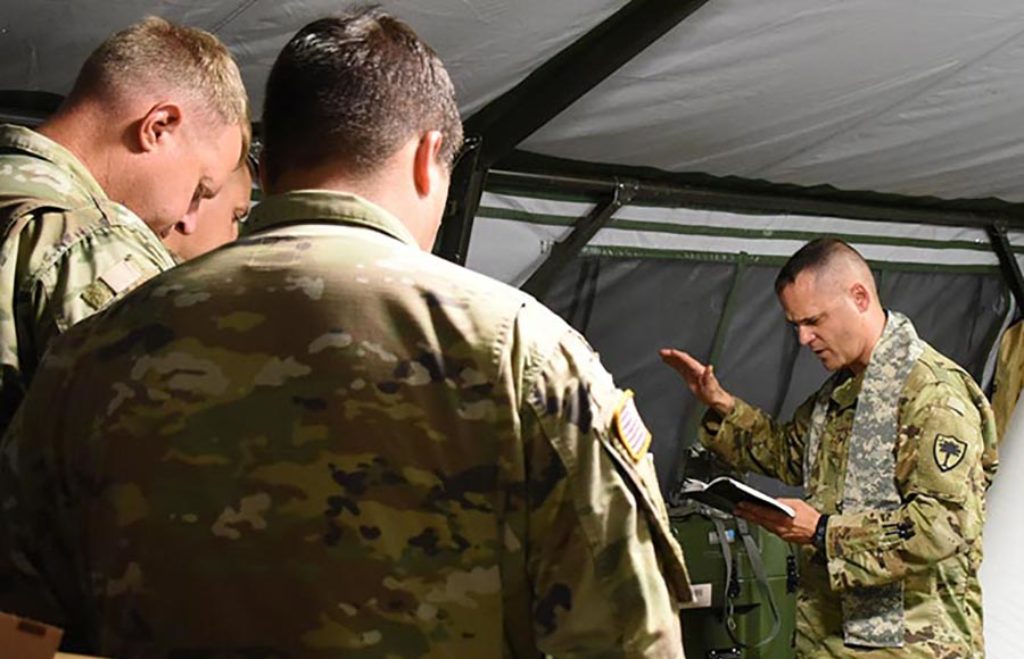Congressional chaplains are hired based on a majority vote of the legislators they serve—one for the House of Representatives and one for the Senate.
The recent situation between Speaker Paul Ryan (R-WI) and House Chaplain Father Patrick Conroy was very confusing. Initially Ryan had a staff member request that Conroy resign—which the Father dutifully did—but no written or verbal explanationwas provided as to why he was being asked to step down. After representatives from both sides of the aisle complained and Conroy consulted with an attorney, the chaplain decided to rescind his resignation, which Ryan accepted and has since been in discussion with Conroy “about how to improve the services going forward.” Although we’re back where we started, the controversy continues and several questions remain.
According to the House Chaplain website:
In addition to opening proceedings with prayer, the Chaplain provides pastoral counseling to the House community, coordinates the scheduling of guest chaplains, and arranges memorial services for the House and its staff. In the past, Chaplains have performed marriage and funeral ceremonies for House members.
There is no further detail on regulations for congressional chaplains. There are no rules about the content of their prayers (though some would say they shouldn’t get too political), there are no requirements on their religion (though all Senate and House chaplains have followed some form of Christianity), and there are no restrictions on who they may give interviews to (though some were not fans of Conroy’s interview with the National Journal). Before Conroy, no congressional chaplain had ever been fired or asked to resign. It should take a majority vote to fire chaplains or accept resignations, so it doesn’t appear Ryan had the authority to ask Conroy to resign. Two attempts to form a select committee to look into why Conroy was asked to resign have failed.
When planning to replace Conroy, debate grew on what experience was needed for a chaplain to serve members of Congress. Rep. Mark Walker (R-NC) wanted the new chaplain to have adult children to better connect with the legislators, but that would exclude celibate chaplains and was regarded as discriminatory against some religions. Walker made a good point about wanting someone with “some counseling experience or [who] has managed or worked with people, maybe a larger church size.” Congressional chaplains serve not only legislators but also their staffs and families, creating a constituency of thousands. They should know how to manage that workload. More importantly, they should have interfaith experience as their constituents come from different religious backgrounds and have different spiritual needs. They should also support religiously unaffiliated constituents who are joining the new Freethought Caucus.
Read the full story at The Humanist



